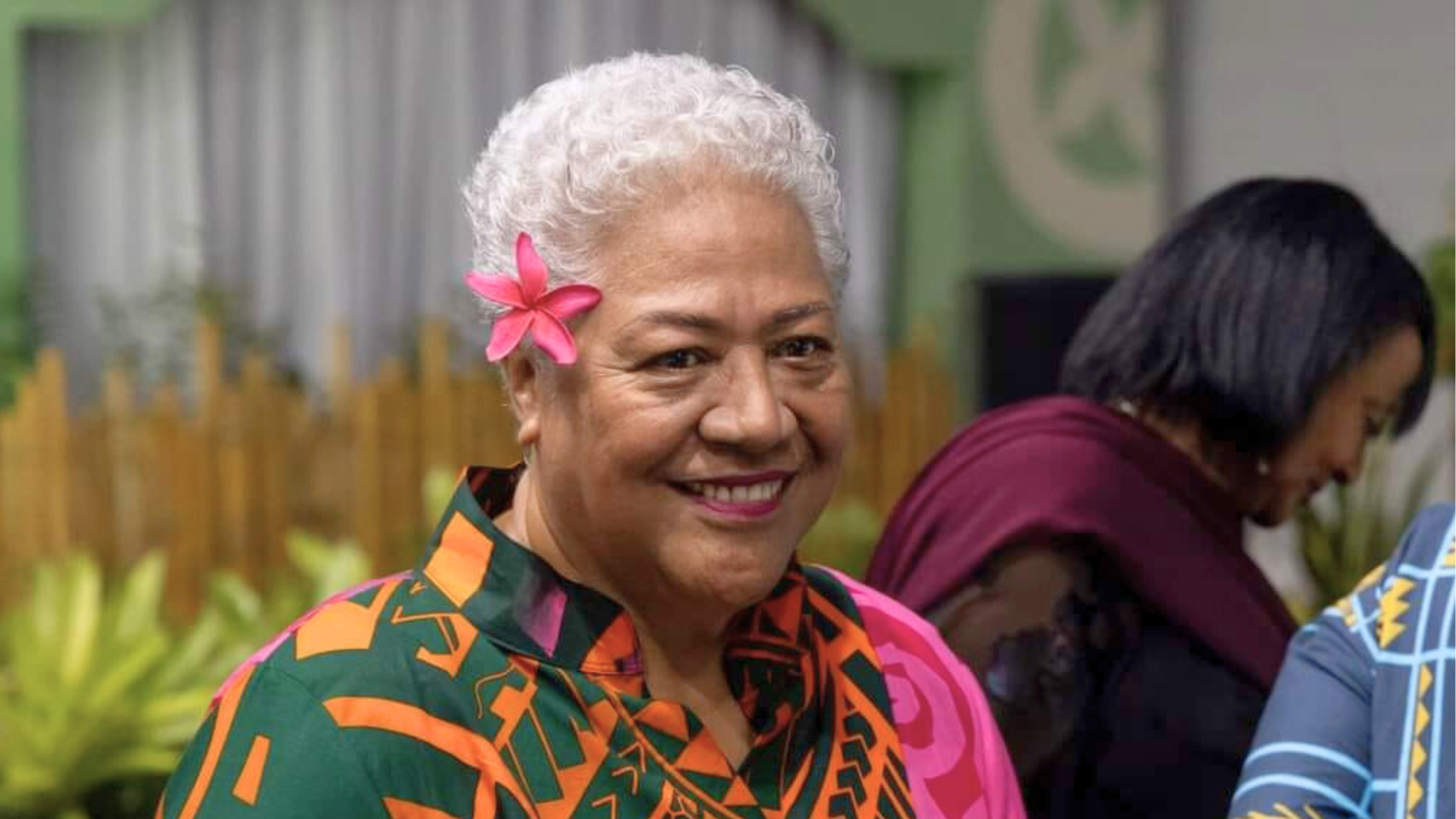
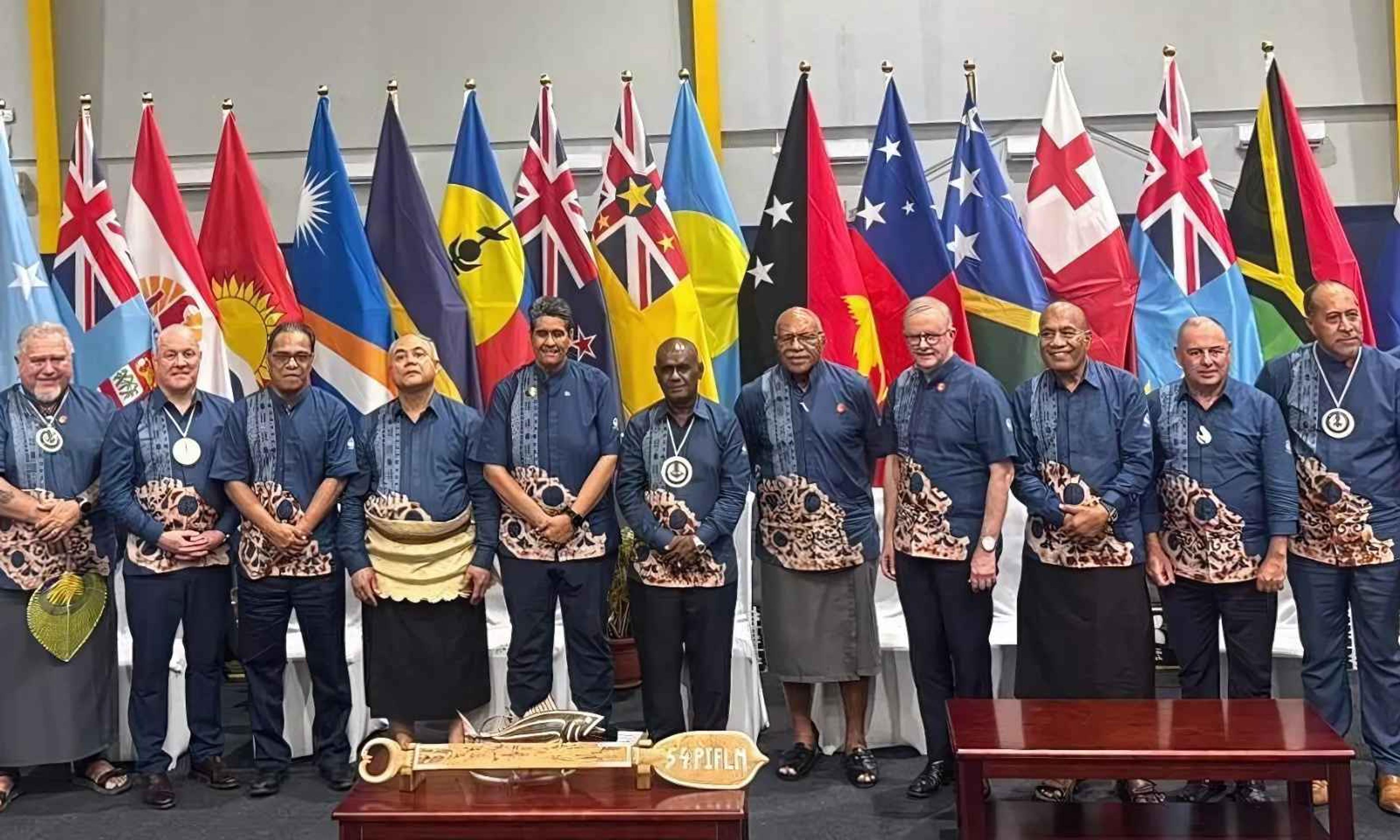
Pacific leaders in Honiara after signing the historic Ocean of Peace declaration, committing the region to a shared vision of peace, security, and unity
Photo/Supplied
Academic questions Ocean of Peace backed by Pacific leaders
Dr Marco de Jong says the newly signed declaration fails to address critical issues facing the region, such as decolonisation and demilitarisation.


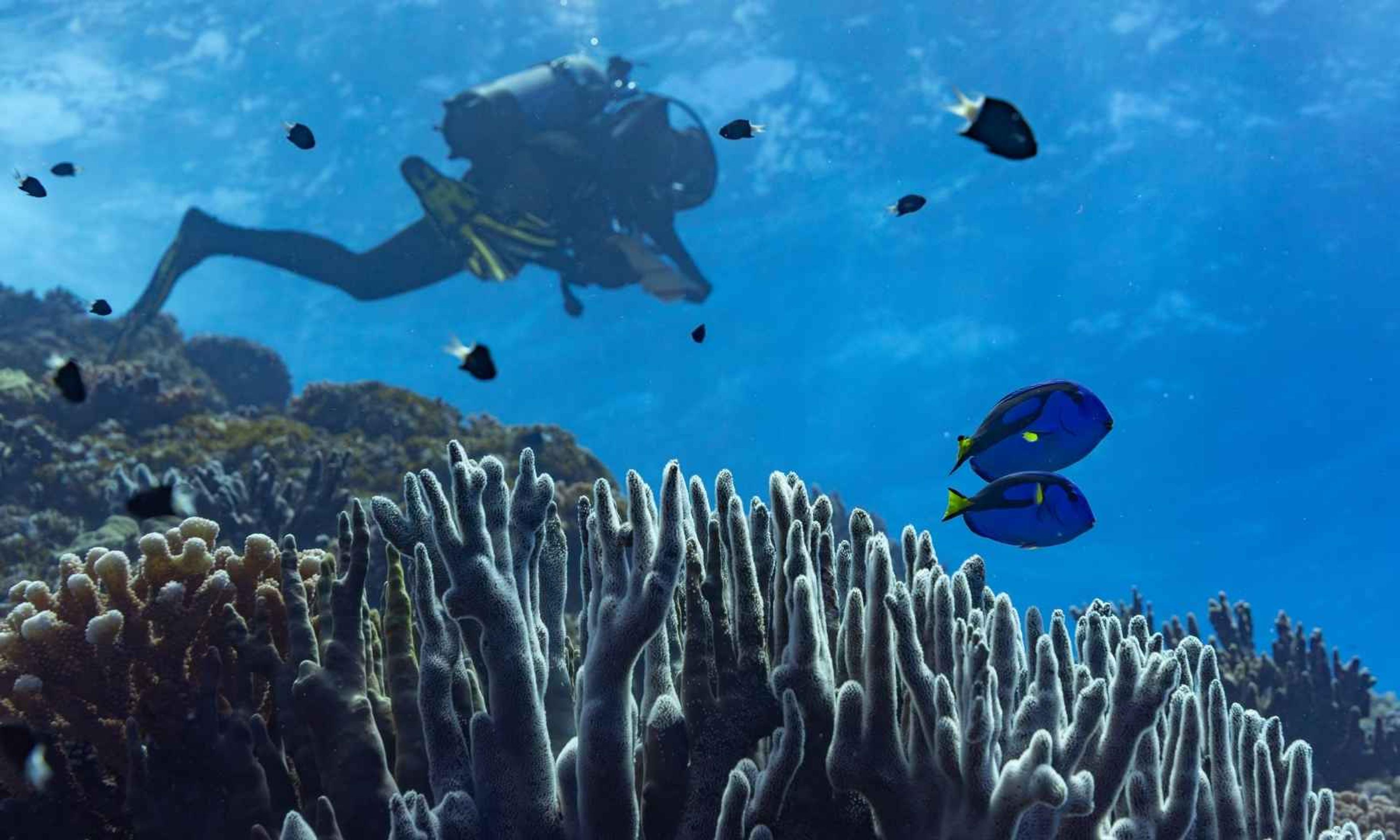
Local leadership proves key as Vanuatu reefs thrive amid growing global coral crisis


Manu Sāmoa’s last chance: Journey of resilience ahead of the Dubai repechage


Samoa's ex-PM Fiamē sues Laaulialemalietoa for defamation over murder case claims

Local leadership proves key as Vanuatu reefs thrive amid growing global coral crisis


Manu Sāmoa’s last chance: Journey of resilience ahead of the Dubai repechage
A Sāmoan academic has warned that the recently signed Ocean of Peace declaration may risk becoming a “Trojan Dove” - a lacklustre and ambiguous agreement.
Dr Marco de Jong, a historian and lecturer at the Auckland University of Technology law school, told PMN News that the document, which leaders of the Pacific Islands Forum endorsed at their summit in Honiara last week, is heavy on words but light on ambition.
The declaration proposes that Pacific leaders adopt principles that “embed peace as the cornerstone of individual and collective policies”.
“It failed to deliver a meaningful top-line message is my first comment,” de Jong says.
He points to the Boe declaration and the Treaty of Rarotonga as examples that make strong statements on climate change and Pacific notions of expanded security.
The Boe declaration, created by the Pacific Islands Forum leaders, identifies climate change as the single greatest threat to the security, livelihood, and well-being of the region. The Treaty of Rarotonga formalises a nuclear-weapon-free zone in the South Pacific.
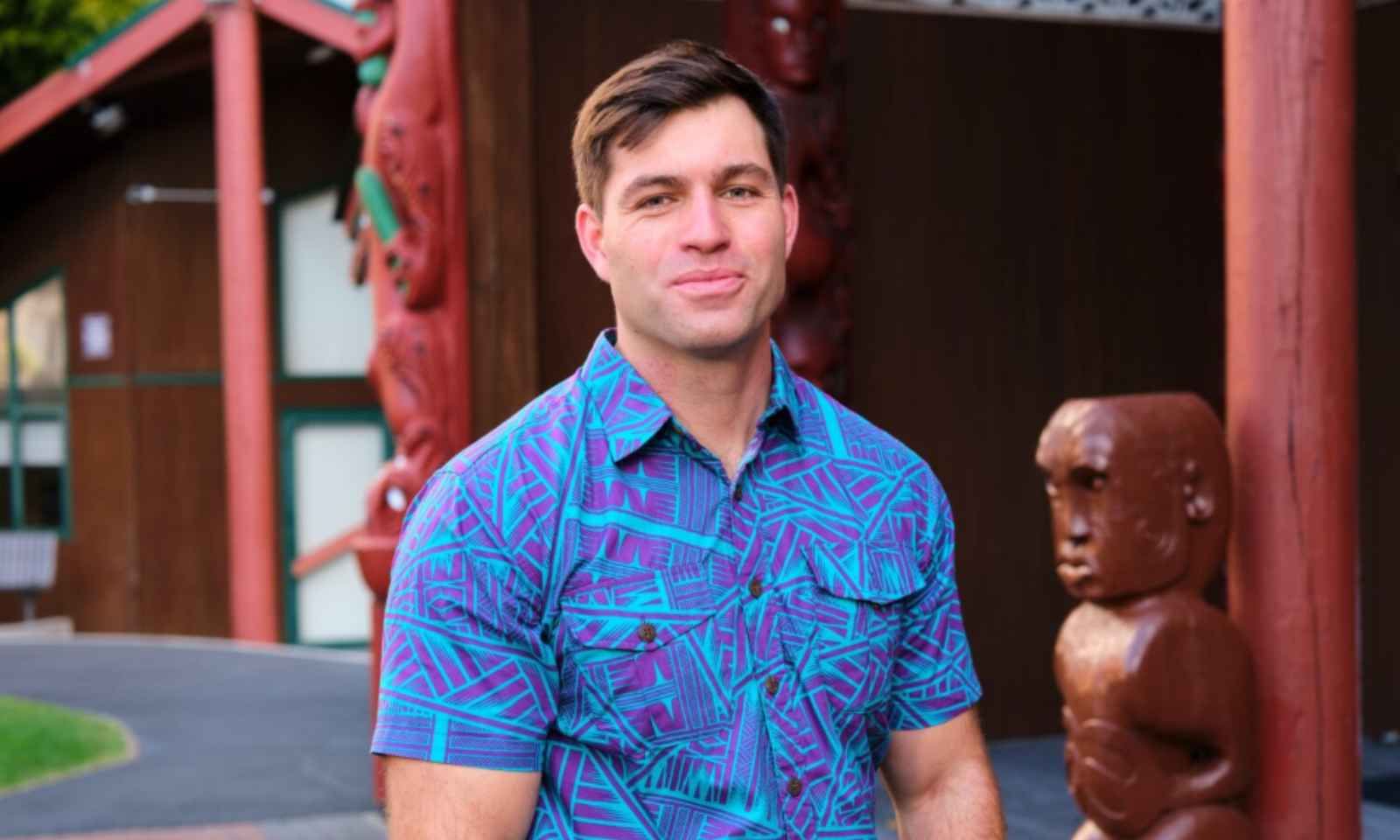
Dr Marco de Jong, Pacific historian and AUT law lecturer, focuses on the region’s history of politics, climate, and anti-nuclear movements. Photo/Supplied
De Jong says civil societies had called for the declaration to reflect the ongoing tasks of decolonisation and demilitarisation, especially in regions like West Papua and Hawai’i
“The failure to deliver ambitious language around decolonisation and demilitarisation, especially, was noted.”
Addressing these topics in future agreements is key to supporting self-determination and reducing military build-up in the region.
Despite his criticisms, de Jong says there are some positive aspects of the declaration, such as its recognition of the role of civil society and indigenous people, including women’s organisations that promote peace.
Listen to Dr Marco de Jong's full interview below.
He says these voices strengthen the declaration’s effectiveness by grounding it in Pacific values and people’s realities, ensuring that peace is understood as more than simply the absence of war.
But he cautions that the declaration could be misappropriated by larger powers that equate peace and security with military power and deterrence.
De Jong says he’s concerned about regional discussions such as the South Pacific Defence Ministers Meeting and Pacific Policing Initiative, suggesting they are designed to support regional peacekeeping amid the geostrategic contest between the United States and China.
“Maybe we can see the Ocean of Peace as a bit of a Trojan dove. It sneaks in some stuff so my own interest is in the language around responsible use of technology and innovation.”
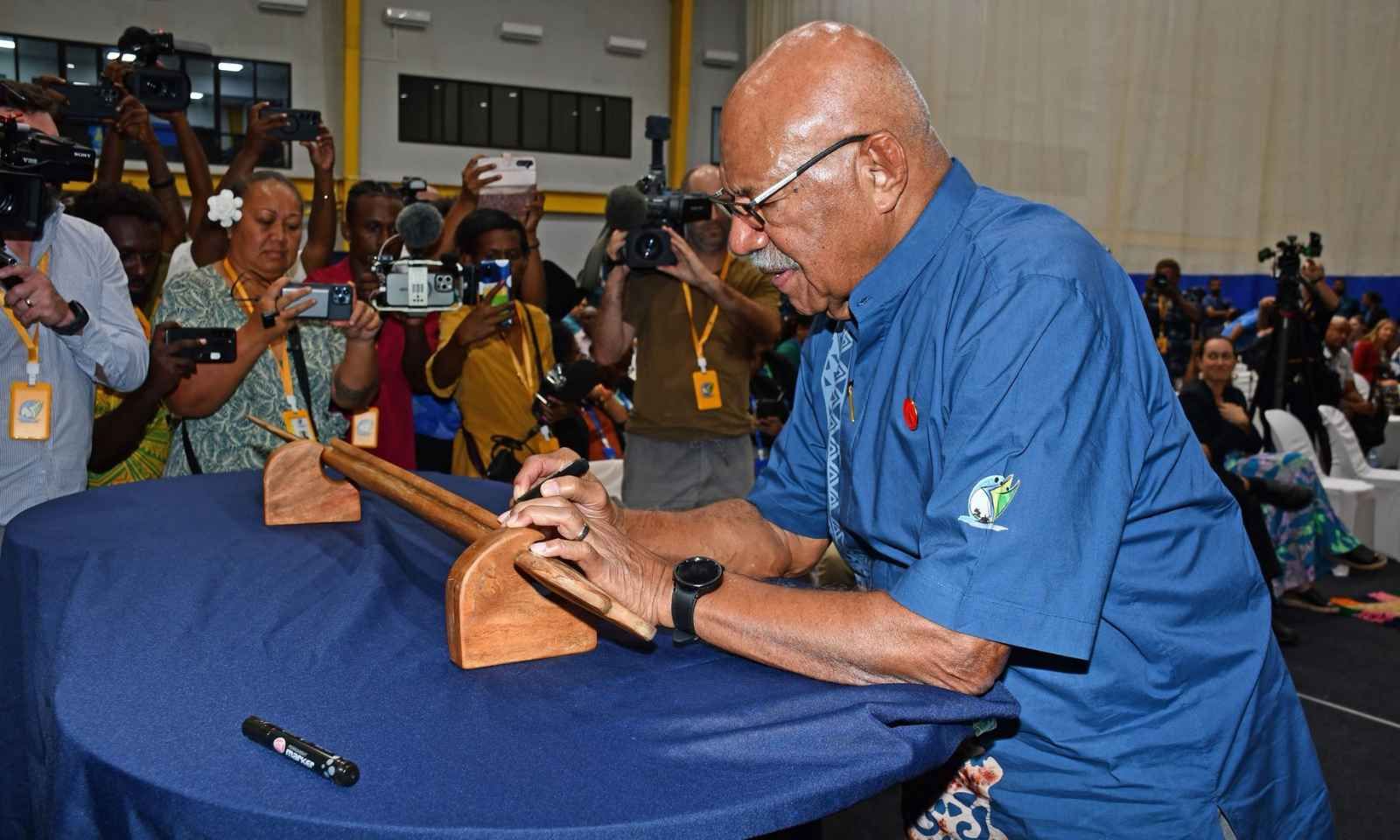
The idea for the Ocean of Peace declaration was first proposed by Fiji’s Prime Minister Sitiveni Rabuka at the 52nd Pacific Islands Forum Leaders’ Meeting in Rarotonga in 2023. Photo/Supplied
He stresses the importance of future-proofing the Boe declaration while pursuing the action plan to address new and emerging threats to regional peace.
When asked about the future of the Pacific Islands Forum, de Jong says the current level of ambition does not meet the urgency of the moment, and he urged leaders to show determination and take action to tackle shared challenges.
“That will require compromise, it will require consensus, it will require leadership based on our customary values, which are timeless. Regionalism has to mean more than this. It has to mean more than this for the people.”